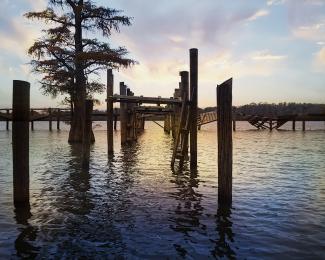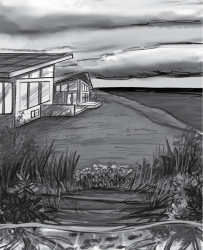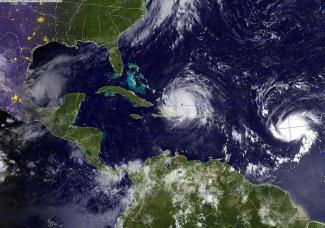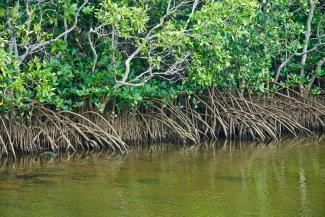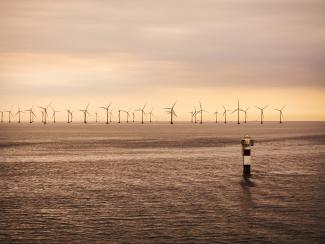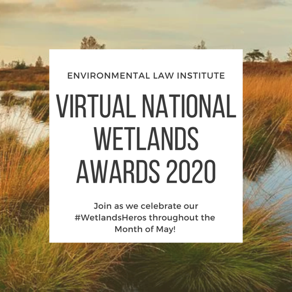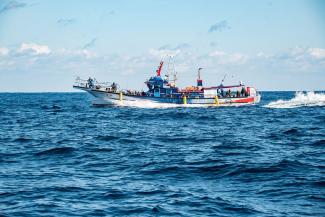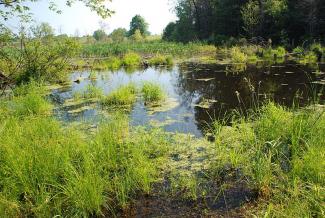30x30: What This Ambitious and Visionary Goal Could Mean for Our Ocean
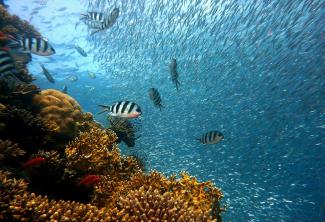
On January 27, President Biden took historic action to protect 30% of U.S. lands and waters by 2030, launching the most ambitious conservation plan in history. Known as “30x30”, the goal aims to provide an inclusive and bold vision for safeguarding America’s ocean, air, water, food, and communities. There are many ways the Administration could set out to achieve this goal in our ocean.
